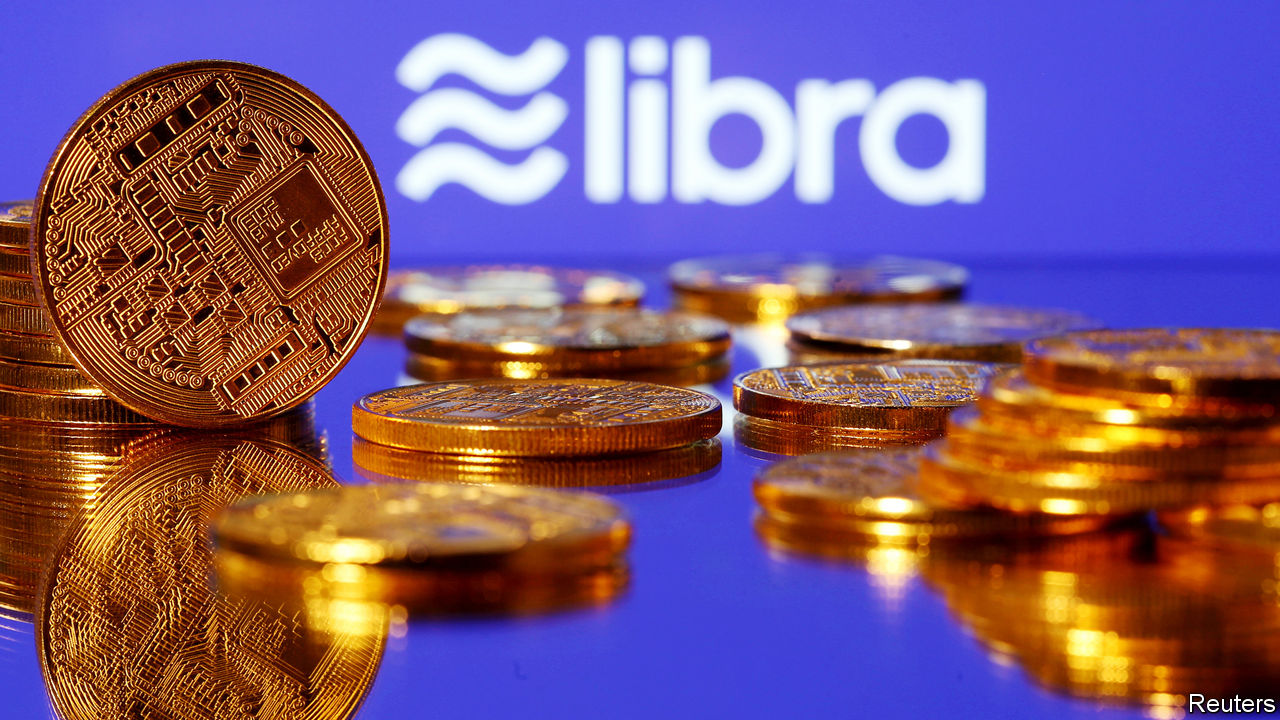U.S. banking regulators have issued a statement clarifying the rules around cryptocurrency safekeeping, or custody, by banking organizations.
The Board of Governors of the Federal Reserve System, the Federal Deposit Insurance Corporation and the Office of the Comptroller of the Currency, noted in their press release that the joint statement does not establish any new rules regarding banks’ involvement in crypto custody.
Rather, the Federal Reserve, FDIC and OCC reiterated existing regulatory guidance for banks, emphasizing applicable laws. The statement also highlights expectations around risk management principles for banks offering custody services for cryptocurrencies such as Bitcoin (BTC) and Ethereum (ETH).
Banks need to ‘know’ about crypto
The agencies confirmed that banks are permitted to hold crypto assets for their customers, either in a fiduciary or non-fiduciary capacity. However, banking organizations must consider several key rules when offering such services.
“Given the complexities of crypto-asset safekeeping, a banking organization’s board, officers, and employees should have the requisite knowledge and understanding of cryptoasset safekeeping services to establish adequate operational capacity and appropriate controls to conduct the activity in a safe and sound manner and in compliance with applicable laws and regulations,” the regulatory watchdogs said in the statement.
The bank and crypto keys
While a bank can hold crypto assets on behalf of a client, the agencies reaffirmed that the liability for safekeeping rests with the bank.
As such, banks have to assume full control of the assets, in this case, the keys. Per the guidance, a banking organization has to “reasonably demonstrate” that no other party, including the customer, can access the assets while still under the safekeeping of the bank.
Banks are also allowed to use third-party custody vendors. However, the bank in question is the one responsible and will be liable for the third party’s actions.
The Federal Reserve, FDIC and OCC’s statement comes amid an observable shift in the regulatory approach to bank and crypto in the U.S.
FDIC and OCC have in the past issued key guidelines to banks as they allow for more participation of banking providers in the crypto industry.
The FDIC, for instance, released documents related to crypto debanking in February 2025, and in March, clarified that banks can engage in crypto-related activities without having to seek prior approval from the agency. The Federal Reserve also issued a similar guidance in April.

















 English (US) ·
English (US) ·